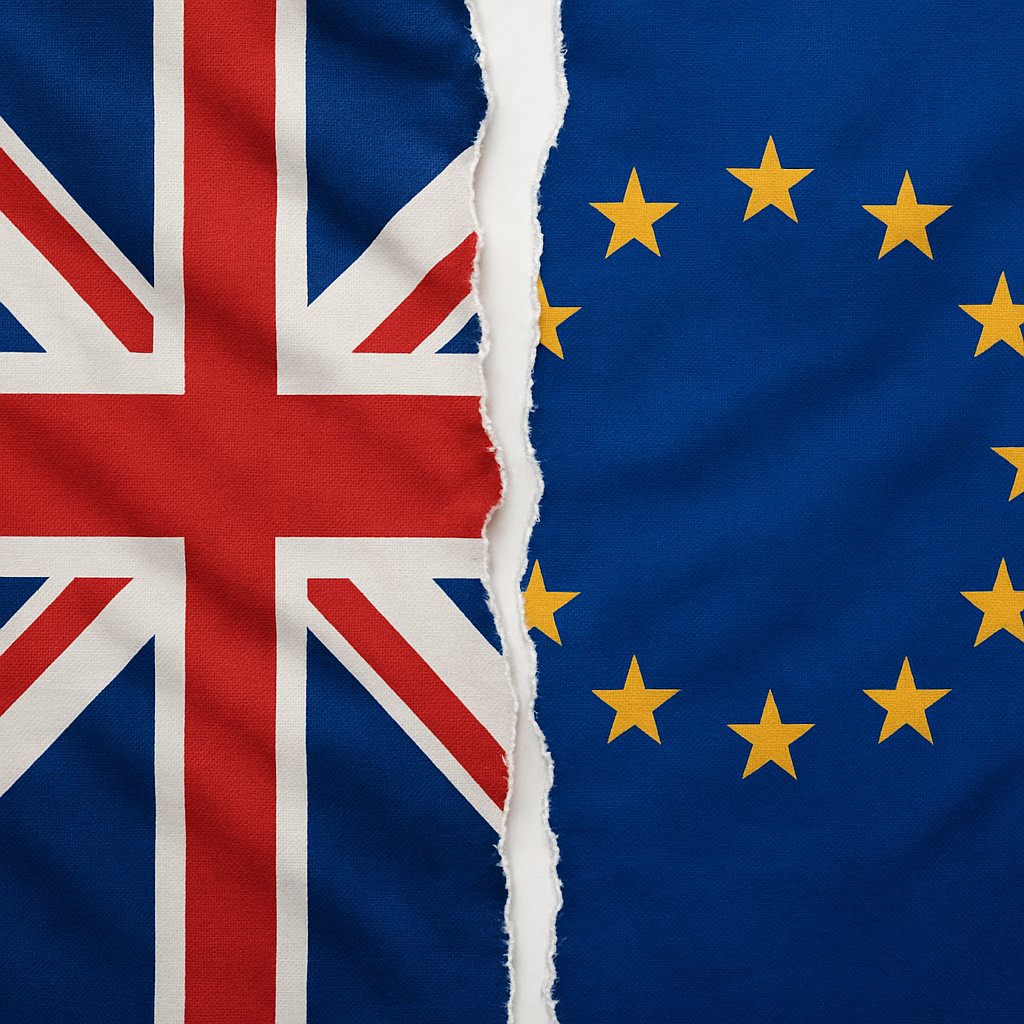(Publ. 11 JUN 2020) Intellectual property intensive industries account for 45% of the GDP within the EU and 96% goods exports from the EU. Unfortunately, organized criminal groups are heavily involved in piracy and other forms of IP infringement. The consequences are significant. Within the EU, during the period 2013-2017, the annual lost sales were €83bn. During the same period, 671,000 jobs and €15bn in annual tax revenue were lost. This is according to EUIPO’s report “2020 Status Report on IPR Infringement”.
The report summarises the findings of the research from recent years on the extent, scope and consequences of infringement in Intellectual Property Rights (IPR) in the EU. It is carried out by the European Union Intellectual Property Office (EUIPO).
In a 2019 study, carried out by EUIPO and the European Patent Office (EPO), the two IP offices found that IPR-intensive industries account for approximately 45% of the GDP within the EU and 96% goods exports from the EU. The same industries also account for 29% of employment in the EU and pay their employees 47% higher salaries than other sectors.
Two joint reports from Europol and EUIPO stated that the high value of intellectual property, combined with a relatively low risk of being detected and punished, makes intellectual property infringement an appealing and profitable criminal activity. The same reports noted that organized criminal groups are heavily involved in counterfeiting and piracy, and that intellectual property infringement is often combined with, for example, money laundering and human trafficking.
Another report from 2019, conducted by EUIPO and the Organisation for Economic Co-operation and Development (OECD), estimated the infringement of intellectual property rights in 2016 to account for 3.3% of international trade. The same report found that up to 6.8% of EU imports, or €121bn a year, are fake goods.
In another joint report from 2020, EUIPO and OECD studied counterfeit medicines. It was found that medicines to treat serious diseases are also subject to counterfeiting, including antibiotics, anticancer drugs and medicines to treat heart diseases. A report from Europol in April 2020 also stated that during the ongoing Corona pandemic, counterfeiters have begun manufacturing fake test kits, counterfeit protective equipment and fake medicines alleged to cure the disease.
EUIPO has also studied the attitude of EU citizens and their willingness to purchase counterfeit and pirated goods. Among the incentives found were lower prices, good accessibility and a low degree of social stigma associated with such activities.
The report can be read in its entirety on the EUIPO website.

.jpg)



















